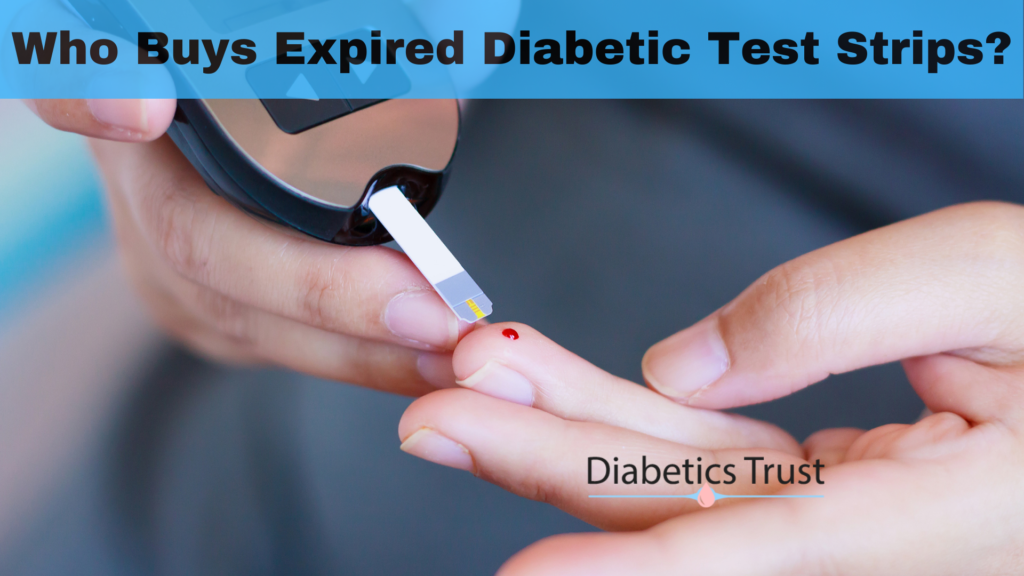There’s no denying the fact that living with diabetes is a costly affair. The need for constant blood sugar monitoring and insulin administration means a never-ending demand for diabetic supplies.
But what happens when we find ourselves with excess supplies? The options typically boil down to two: selling these unused diabetic supplies in local markets or black markets. But how does the public perceive these markets, and how do these perceptions shape the market dynamics?
Local and Black Market
Local markets for diabetic supplies are generally defined as open, community-based platforms where individuals can sell their extra supplies. Conversely, the black market represents a hidden, often illegal trade network that operates outside government oversight.
Both these markets have arisen out of necessity, offering a solution for those with excess diabetic supplies and providing a more affordable source for those in need.
Public Perception of the Local and Black Market
Public opinion on these markets is divided. Some view them as an economic boon, a way to recoup costs from otherwise wasted supplies. Others, however, express concerns about the ethical and health implications of selling diabetic supplies outside regulated channels.
These concerns stem from the potential for expired or mishandled supplies reaching individuals who rely on them for their health management.
Impact of These Markets on the Healthcare System
The existence of local and black markets can also influence our healthcare system. While they provide a secondary and cheaper supply chain for those who cannot afford supplies through regular channels/
These markets also carry the risk of promoting the circulation of counterfeit or substandard products. It’s a double-edged sword that needs careful handling.

Personal Stories and Experiences
Consider Jane, a type 2 diabetic from New Jersey, who found herself with extra test strips after switching to a different brand. She sold her surplus supplies to a local buyer, relieved to recoup some of her money.
Conversely, Mark from Ohio, who bought insulin from a black market source, ended up in the hospital due to its poor quality. These stories highlight the complex and often precarious nature of these markets.
Regulations and Legal Implications
Different states have different rules when it comes to selling diabetic supplies. Some have strict regulations, while others leave it to individual discretion. Selling on the black market, though, carries legal risks and potential penalties.
Alternatives to the Local and Black Market
A safer, more reliable option exists on platforms like DiabeticsTrust.com.
Here, individuals can sell their extra, unexpired diabetic supplies at fair prices, giving others access to affordable supplies without the risk of low-quality or counterfeit products.
It’s a win-win for both parties and contributes to a healthier, more sustainable diabetic supply chain.
In Summary
The local and black markets for diabetic supplies are a complex landscape, shaped by public perception, economic necessities, and healthcare system impacts.
They provide an outlet for excess supplies and an affordable source for others.
However, it’s crucial for sellers and buyers alike to understand the implications of their choices and to consider safer alternatives like DiabeticsTrust.com.
Related Blogs You Must Read
Simple Tips to Prevent Diabetes





